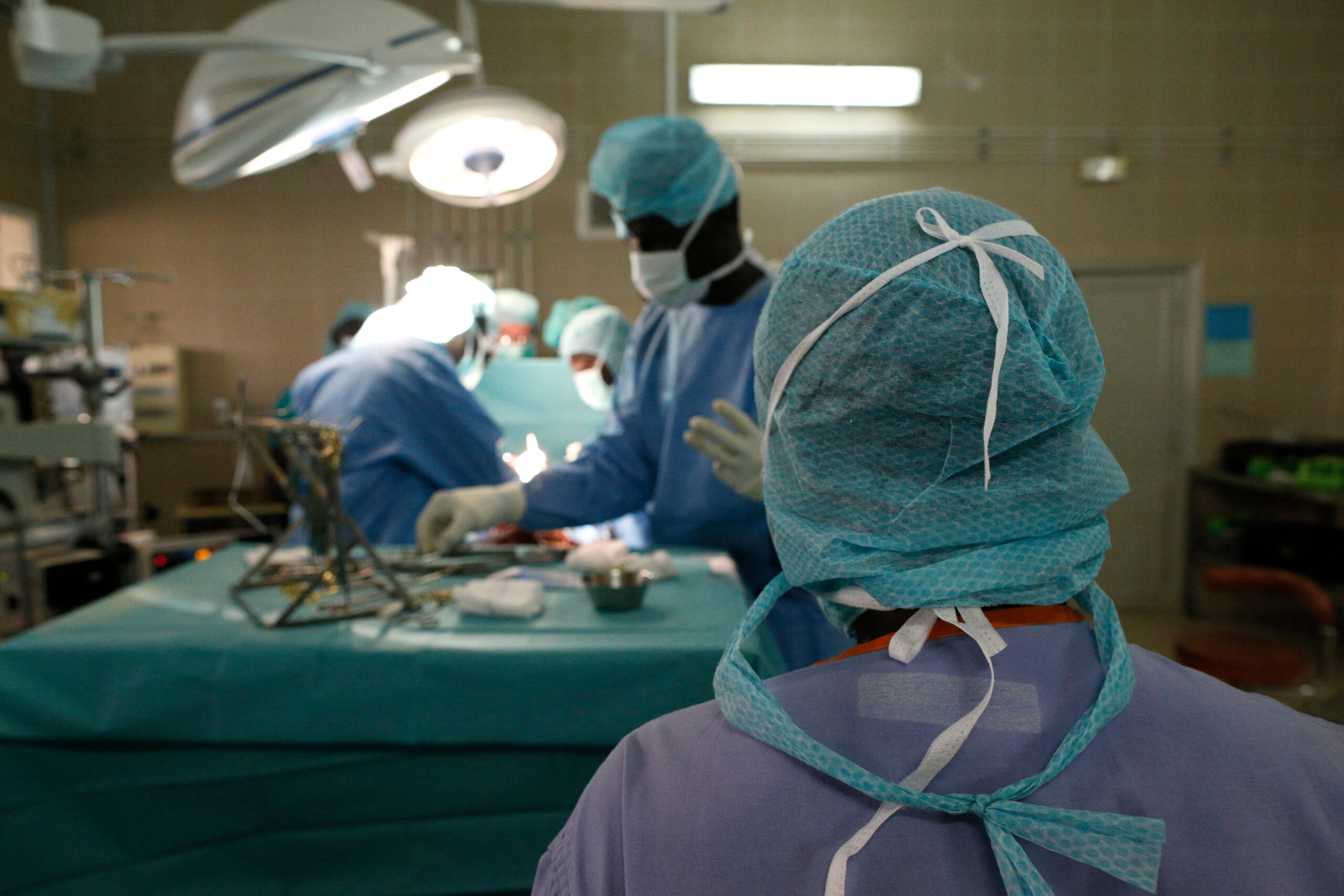An Unexpected Calling
When I first began my training in transplant surgery, I imagined a future rooted in the high-tech hospitals of major cities. I pictured bright operating rooms, full of advanced equipment and a well-trained team. What I didn’t expect was that some of my most transformative experiences would take place thousands of miles away from home, in makeshift clinics and field hospitals across the Middle East and Africa.
Volunteering abroad wasn’t something I planned from the beginning. But after my residency, I was invited to join a surgical mission in northern Kenya. It was supposed to be just a few weeks—an opportunity to offer support in an area struggling with access to basic medical care. That trip changed everything. It opened my eyes to the raw need, the resilience of people in crisis, and the power of surgical care to make a real difference—even when resources are scarce. Since then, I’ve returned many times, working alongside local doctors in regions affected by war, poverty, or displacement.
The Work is Different—But the Purpose is the Same
One of the first lessons I learned was that practicing medicine in humanitarian settings is not about swooping in as the expert. It’s about showing up with humility and listening. The surgeries I performed in these environments weren’t always complex transplants—many were basic but life-changing procedures: hernia repairs, burn treatments, wound care, emergency cesarean sections. In many places, these routine surgeries can mean the difference between living in pain and regaining the ability to work, care for family, or even survive.
I also had to adjust to working with limited resources. No fancy imaging tools. No robotic assistance. Sometimes even running water or electricity were unreliable. But what struck me was how much could still be done with so little. I learned to rely on my hands, my head, and my heart. I saw how necessity sparks creativity, and how local medical teams, though often under-resourced, brought unmatched ingenuity and commitment to their work.
Lessons in Humanity and Humility
Working in the Middle East and Africa introduced me to stories I’ll never forget. I remember a young boy in a refugee camp in Lebanon with a shrapnel injury that had gone untreated for weeks. His family had fled their home with nothing. We operated under a tent, using headlamps and borrowed instruments, and he walked out of the clinic three days later smiling, holding his mother’s hand.
Then there was a woman in Sudan who had developed complications from a gallbladder infection. She had traveled for two days on foot to reach the clinic. She spoke little, but after her surgery, she gave me a small cloth doll she’d made. I still keep it in my office. It reminds me that the gratitude people express in these settings isn’t about the surgery alone—it’s about being seen, being cared for, and being treated with dignity.
In these moments, I’ve been reminded again and again that medicine is a universal language. The human body, whether in Boston or Bamako, follows the same rules. But the context—the fears, hopes, and beliefs wrapped around that body—is deeply personal. Volunteering abroad has made me more aware of how culture, history, and trauma shape the patient experience. It’s made me a better listener and a more compassionate surgeon.
Giving and Receiving
People often say humanitarian work is about giving back. And yes, I’ve been fortunate to contribute my skills in places where they were needed. But if I’m honest, I’ve received just as much—maybe more. I’ve gained a clearer sense of purpose. I’ve learned what truly matters in medicine: presence, trust, human connection.
Volunteering abroad has also reshaped how I work at home. I approach each patient with more patience and curiosity. I question what assumptions I’m making. I look for ways to simplify care without sacrificing quality. And I’m constantly reminded that while technology is useful, it’s not what heals people—care is.
It’s easy in modern healthcare to get caught up in metrics, protocols, and billing codes. Stepping outside that system—even briefly—reconnects me to why I chose this profession in the first place. Healing someone’s pain, restoring their function, sitting with them in fear or uncertainty—these are the acts that carry the most meaning.
The Border is Not the Limit
For many of us, the idea of “abroad” feels far away—separated by politics, geography, or language. But I’ve learned that the border isn’t the limit of our responsibility. We’re connected by shared vulnerability and shared hope. The patients I’ve met abroad aren’t so different from the ones I treat at home. They want to live, to love, to contribute, to be free from suffering. That’s universal.
I don’t think volunteering abroad is something every surgeon must do. But I do think every healthcare worker should be open to stepping outside their comfort zone—whether that’s working in an underserved neighborhood nearby or partnering with clinics in another country. There’s so much to gain when we allow our practice to be shaped by a broader view of the world.
Moving Forward
Humanitarian work is not without its challenges. It can be emotionally exhausting and logistically frustrating. There are days when it feels like a drop in the ocean. But there are also moments of pure joy—like watching a child take their first pain-free steps, or sharing tea with a local nurse after a long day of surgeries.
These experiences stay with you. They remind you that even in places where systems have failed, people still find ways to survive, to care for each other, and to heal. And they remind me, every time I step into an operating room, that I carry those lessons with me.
Beyond borders, beyond hardship, what remains is a shared humanity—and the simple, profound act of helping one another.
